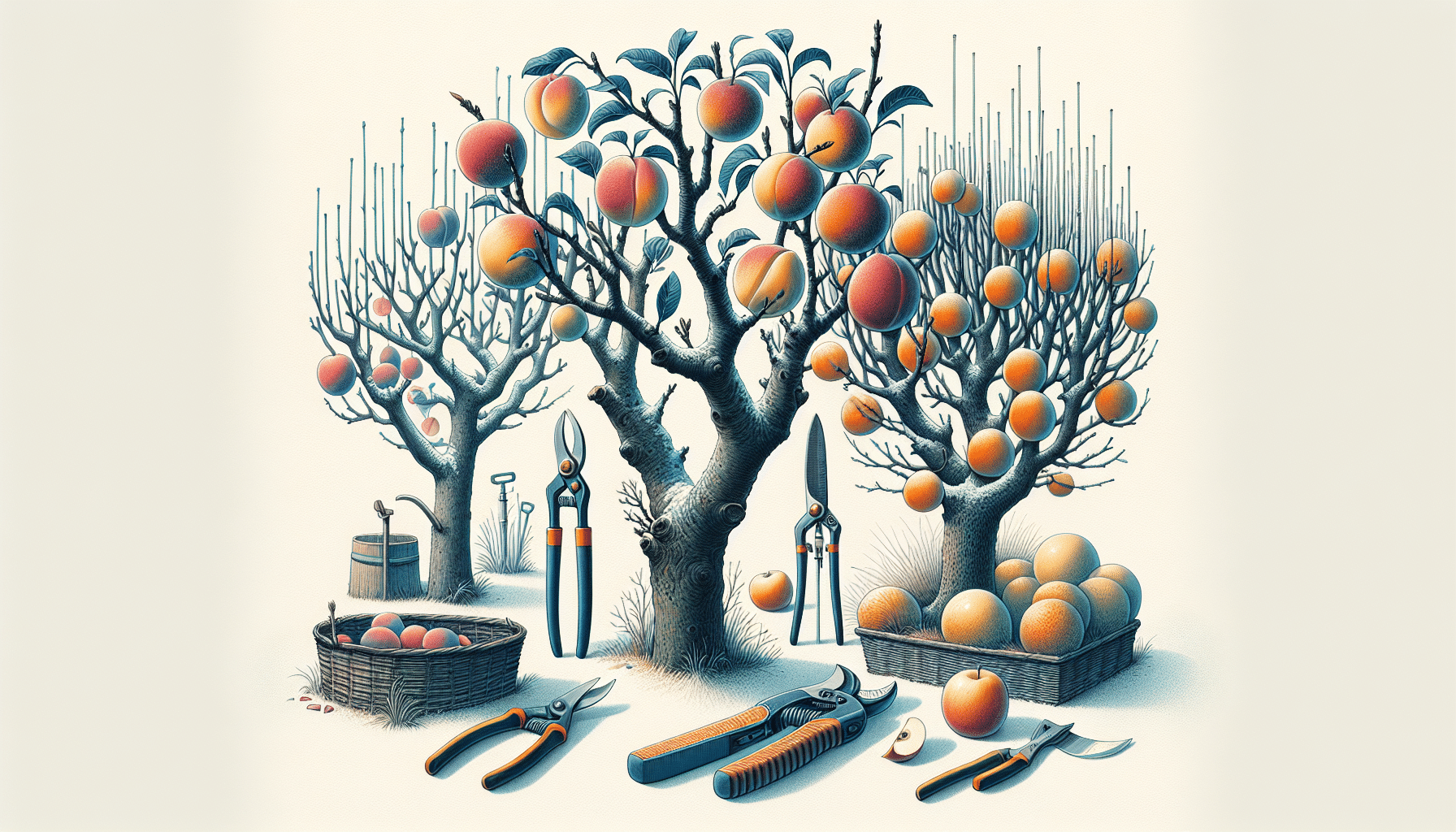The pruning of fruit trees is an essential activity to maintain the health and production of the plants, and January is presented as an ideal month to carry out this task. With the arrival of winter, the trees enter a dormant state, which allows pruning to be done without harming their development. Three fruit trees that can benefit from careful pruning this month are the apple tree, the plum tree, and the pear tree.
The apple tree, highly appreciated for its flavor and versatility, requires annual pruning to stimulate the growth of new shoots and improve air circulation in its canopy. By removing dead, diseased, or tangled branches, the production of larger and higher-quality apples is favored. Additionally, making cuts in the form of an open center helps with easier harvesting.
The plum tree, on the other hand, requires special attention this month. Pruning focuses on sanitation and shaping of the tree. Removing branches that grow inward and those competing for space will help sunlight penetrate more effectively, favoring productivity. It is also advisable to remove older branches, which are typically less productive.
Finally, the pear tree is another ideal candidate for winter pruning. This tree also benefits from the removal of unwanted branches and shaping its structure. Making angled cuts is suggested to minimize the risk of fungi and diseases. A good pruning in January will enhance the production of delicious and healthy pears for the next harvest.
Pruning these fruit trees in January not only improves their health and production but also allows gardeners and farmers to prepare for spring. With a little dedication and technique, a bountiful future of fresh and tasty fruits can be ensured.
Source: MiMub in Spanish











